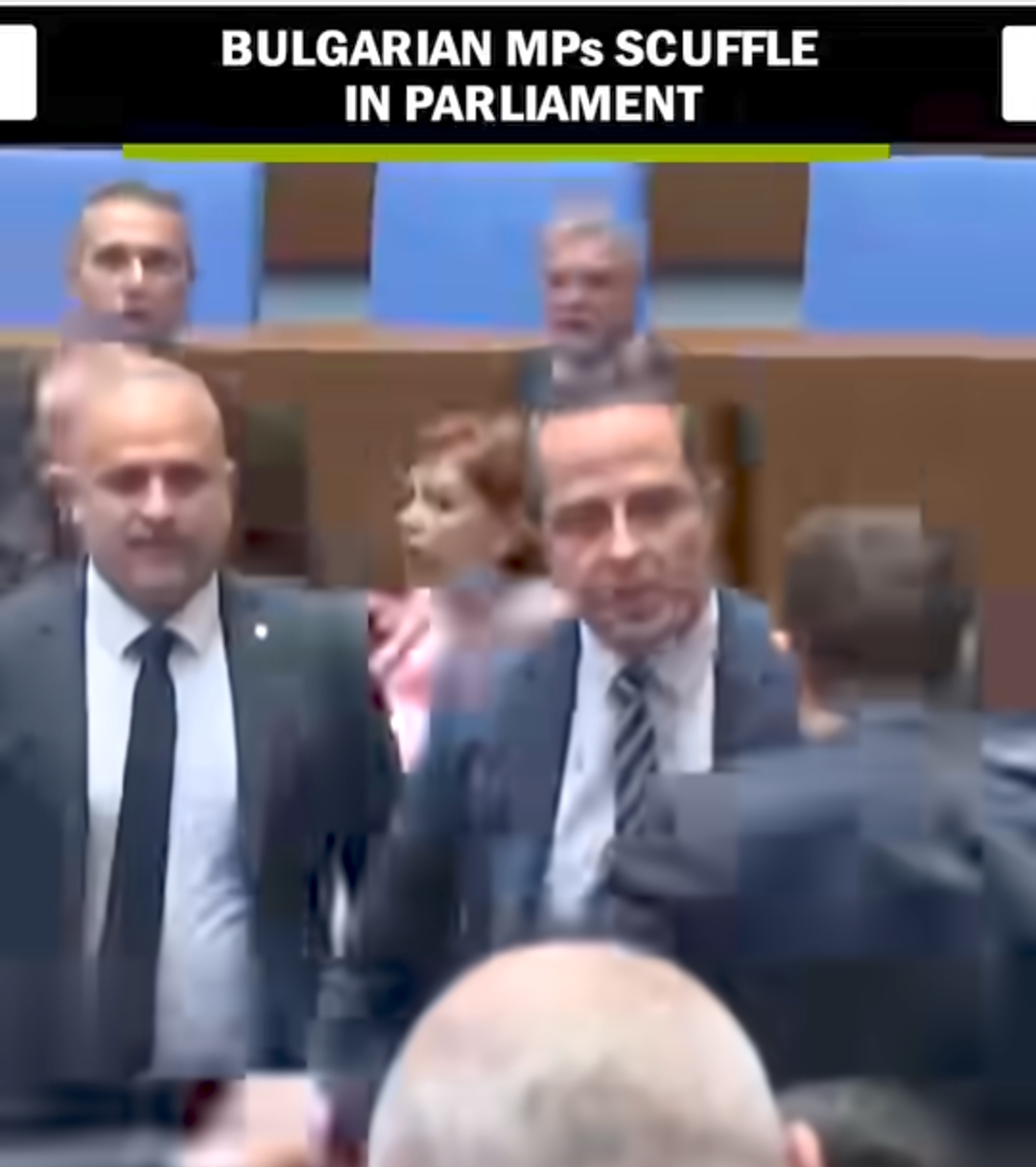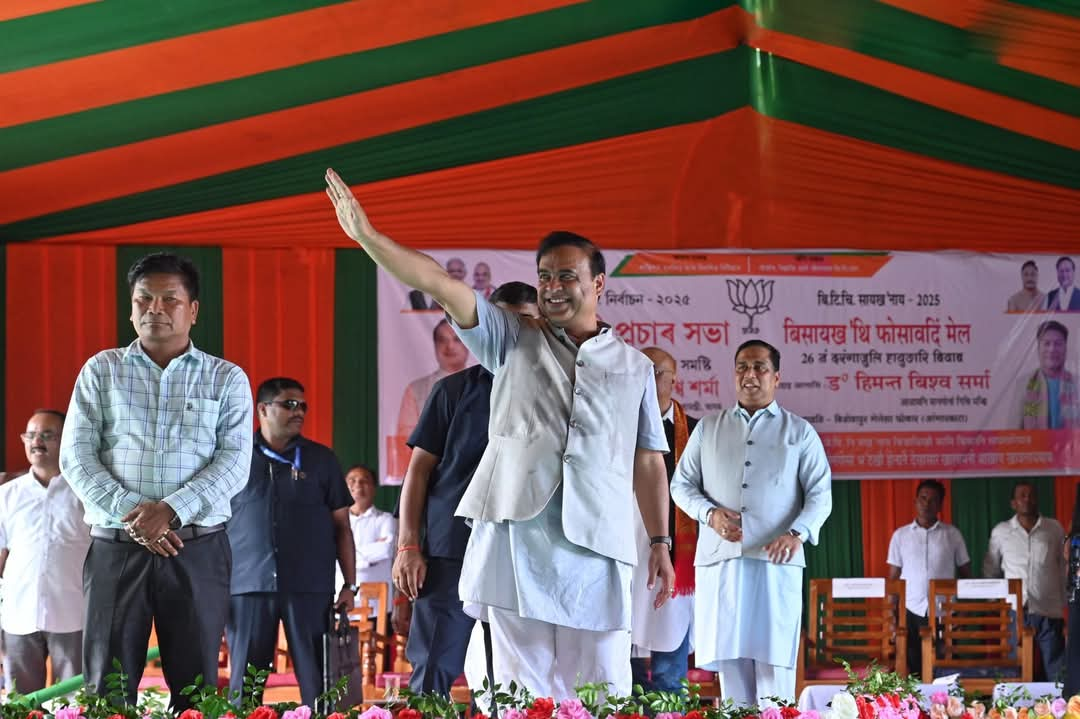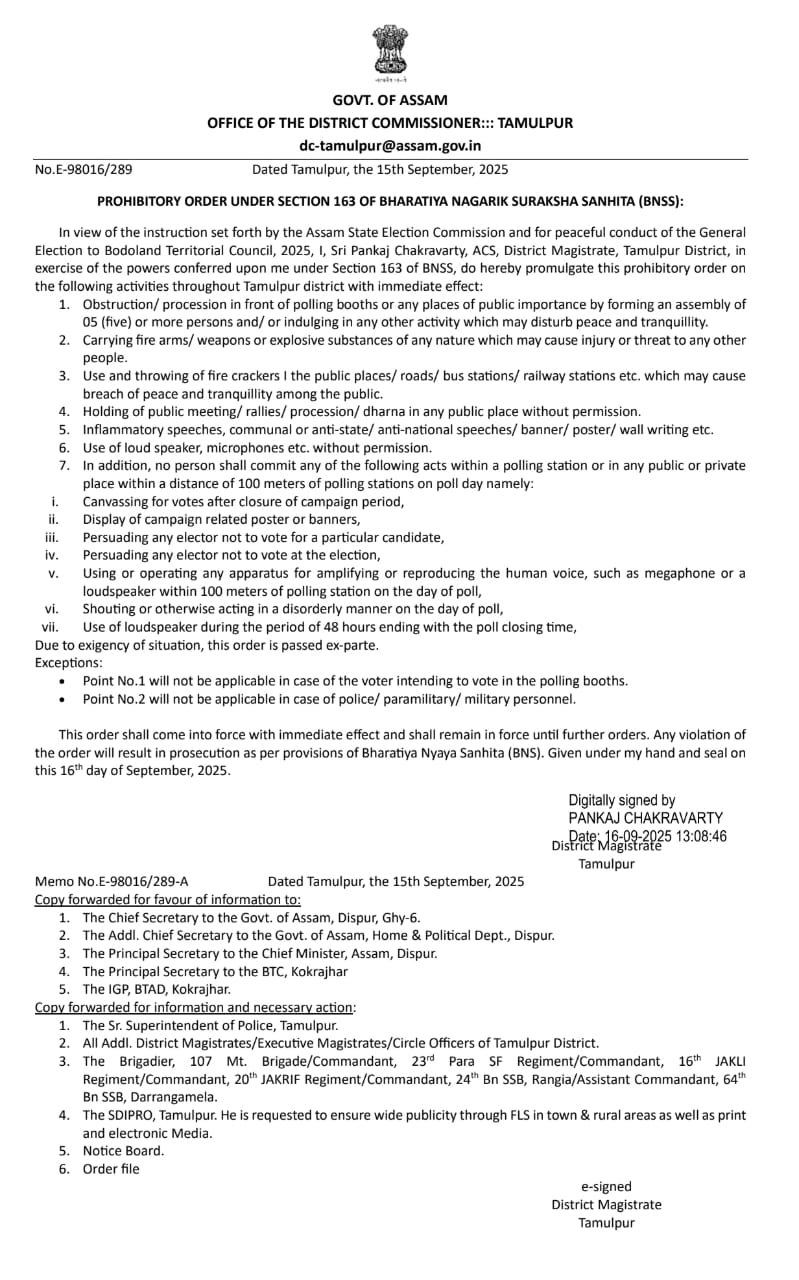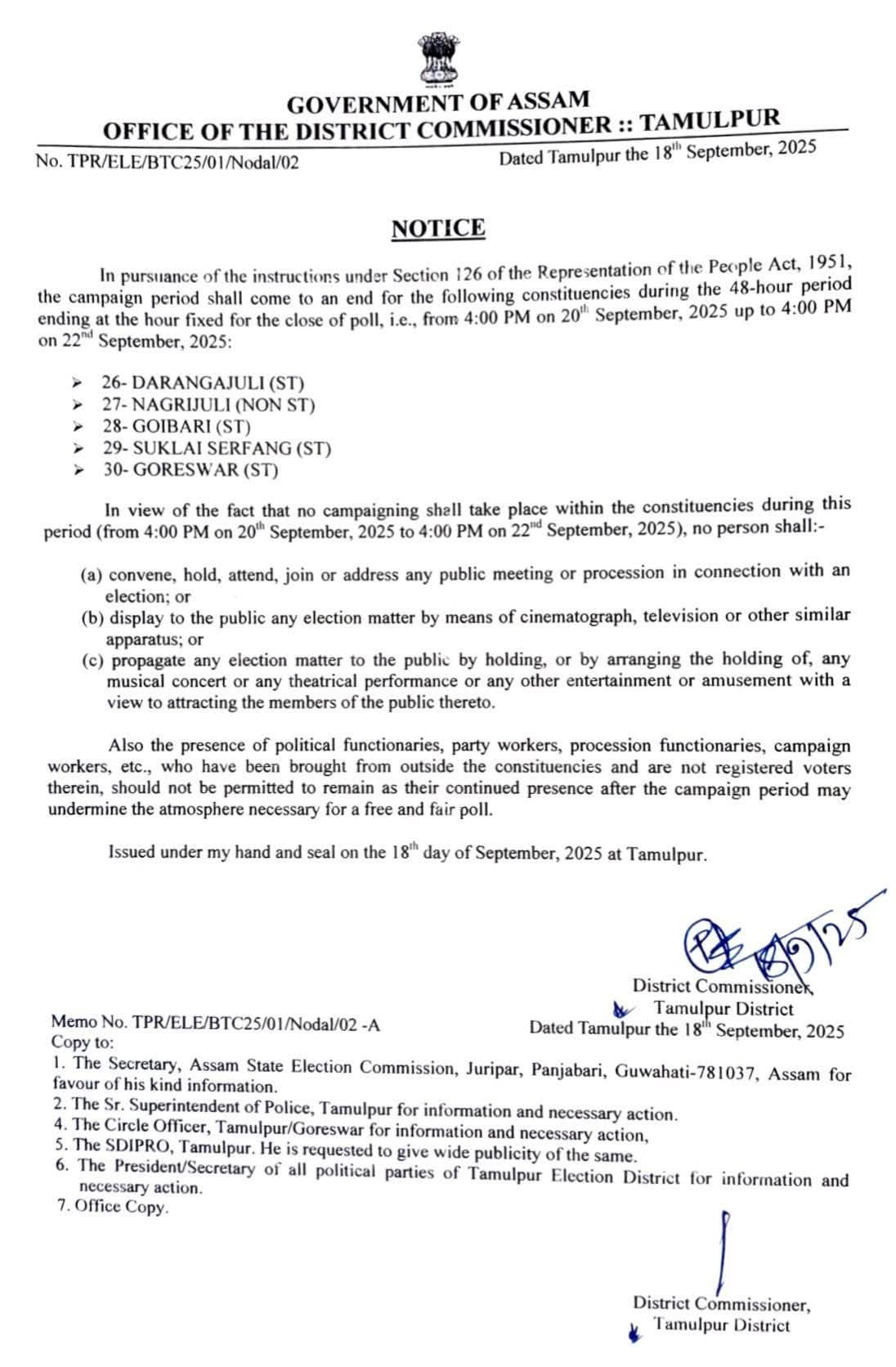
🇧🇬 Tensions Erupt in Bulgarian Parliament After Eurozone Approval: MPs Scuffle Over Currency Debate
📍 Sofia, Bulgaria
A heated session in the Bulgarian National Assembly turned chaotic as Members of Parliament engaged in a physical scuffle following the approval of legislation paving the way for Bulgaria’s adoption of the euro. The incident marks a new low in the political tensions surrounding the country’s long-delayed entry into the Eurozone.
💶 Background: Bulgaria’s Road to the Euro
Bulgaria has been working toward adopting the euro for over a decade, with the government targeting a 2025 entry into the single currency bloc. The recent parliamentary approval signals a key milestone — formalizing institutional support to replace the Bulgarian lev with the euro.
While the ruling coalition, led by pro-European Union parties, welcomed the move as a step toward economic integration and monetary stability, the opposition — especially nationalist and populist parties — strongly condemned the decision.
🧨 What Happened in Parliament?
The session quickly descended into disorder when nationalist MPs interrupted Finance Minister Assen Vassilev’s speech praising the approval. Heated verbal exchanges escalated into pushing and shoving between MPs from opposing camps. Security personnel had to intervene to prevent further escalation.
Video footage from inside the chamber showed torn documents, overturned chairs, and at least one MP being escorted out by guards. No serious injuries were reported, but the scene has sparked widespread criticism and concern over Bulgaria’s polarized political climate.
🗣️ What the Sides are Saying
Pro-Euro Lawmakers argue that adopting the euro will boost investor confidence, lower borrowing costs, and anchor Bulgaria firmly within EU structures.
Opposition MPs warn of inflation, loss of monetary sovereignty, and a rushed process without public referendum.
One nationalist MP shouted:
“This is not economic reform — it’s national surrender!”
📉 Public Opinion Divided
Polls show that Bulgarians are split on the euro adoption issue. While some see it as a gateway to deeper EU integration and stability, others fear price hikes and loss of economic control.
🛑 What’s Next?
Despite the turmoil, Bulgaria remains on track for euro adoption in early 2025, pending further EU assessment and convergence checks. However, with such fierce political opposition, analysts say the implementation process could face delays or additional political hurdles.
📝 Conclusion
The chaos in Bulgaria’s parliament is a stark reminder of how deeply divisive economic transitions can become — especially in times of political fragility. As the country moves closer to Eurozone entry, bridging the gap between economic ambition and public trust remains a significant challenge.





